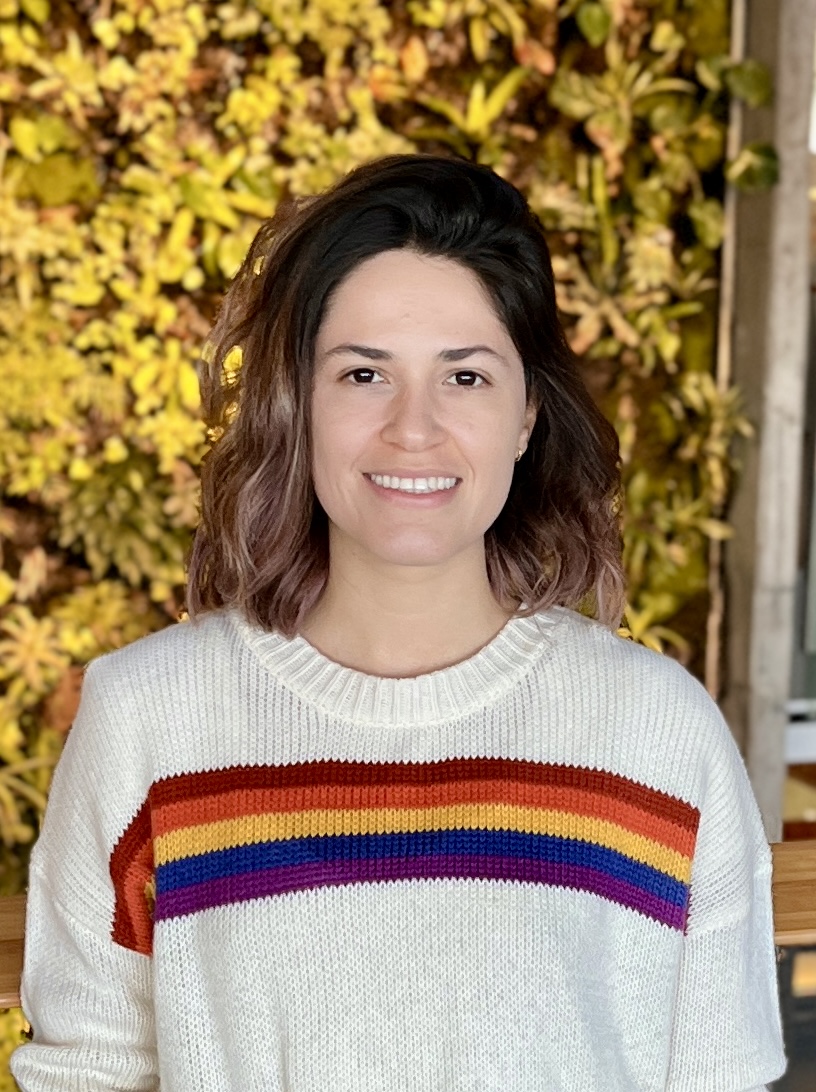About Me
Hello! I’m Paola Jaimes Santamaria, and I hold a PhD in Economics from the University of Ottawa.
Throughout my academic journey, I’ve conducted research in development economics, the economics of conflict, and natural resources. My work has examined the impact of financial aid programs on crime and the social effects of extractive industries in developing countries. This research has provided me with a deep understanding of the dynamics of resource distribution and its influence on conflict, offering valuable insights into economic and social challenges.
Due to my research experience, I have developed advanced skills in data analysis, applied econometrics, and spatial data analysis using tools like Stata, R, and Python. I am also experienced in policy analysis and impact evaluation, which I am eager to apply to real-world problems and contribute to effective policy-making.
In addition to my research, I have extensive teaching experience. I’ve been a teaching assistant for both graduate and undergraduate courses in economics, and I recently taught “Introduction to Development Economics” at the University of Ottawa. I’ve also led short technical courses for second-year PhD students, which has further enhanced my communication and instructional skills.
I’m bilingual in Spanish and English, and I’m actively seeking research positions that focus on policy and program evaluation. I am excited about opportunities that allow me to make a tangible impact through insightful research and analysis.
Let’s connect and collaborate on projects that drive meaningful change in the fields of economics and policy-making!
Please click here to download my CV.
Research
My research primarily explores themes within Development Economics, Natural Resource and Environmental Economics, and Economics of Conflict. My supervisor is Professor Louis Hotte at the University of Ottawa.
Publication
What happened to Latin America’s empty box development thirty years later? (with G. Matamoros)
Revista Problemas del Desarrollo, Volume 48, Number 191, October-December 2017.
DOI: 10.22201/iiec.20078951e.2017.191.58704
Ph.D. Job Market Paper:
Land Conflicts in the Wake of Gold Mining Expansion in Colombia (working paper)
This paper provides quantitative evidence on the relationship between gold mining expansion and violent conflict in Colombia. Utilizing a two-stage least squares (2SLS) regression model, the study examines the effects of gold mining on violence using three different measures of gold mining activity across two distinct periods: the Gold Rush (2004-2014) and the post-Gold Rush (2014-2022). The exogeneity of international gold prices and geochemical anomalies is exploited to identify causal effects. During the Gold Rush period, strong effects of gold mining on violence are observed using machine learning and gold mining deforestation measures. In the post-Gold Rush period, mixed results were found, with significant effects primarily observed using the deforestation measure. The presence of armed groups and ethnic mining communities exacerbates the effects of gold mining on violence. However, using two different measures for institutions, such as judicial inefficiency and electoral risk, no significant influence on the impact of gold mining on violence was found. The findings highlight the role of armed groups and the targeting of ethnic communities in the expansion of gold mining areas, underscoring the need for policy interventions to address land disputes and the involvement of armed groups in the mining sector. The robustness of the results is confirmed through various measures of the dependent variables and different clustering methods for standard errors.
Work in Progress:
Explaining the 2020 Pandemic Homicide Puzzle: Theory and Evidence (with Louis Hotte)
This paper examines the impact of unemployment benefits during the 2020 COVID-19 pandemic on violent crimes in the US. Utilizing state month data from the UCR and NIBRS datasets from the FBI, along with unemployment benefits data from the BLS, we explore how economic shocks to low-income families may influence homicide and assault rates. Our identification strategy relies on the fact that some states were much slower than others to send out unemployment supplements. The study includes a Bayesian game model of interpersonal loans and informal enforcement. You can find some fun simulations of a part of the model on my GitHub. The draft of this paper is available upon request.
Teaching
In the Winter 2024 term, I taught "Introduction to Development Economics" at the University of Ottawa. My teaching journey also includes conducting short courses for second-year PhD students at the Ottawa-Carleton Graduate School of Economics (OCGSE). I taught LaTeX workshops in the springs of 2022 and 2023, where I created two practical templates using Overleaf - an Article Example and a Beamer Presentation Example - to assist students in mastering typesetting for academic research. In the spring of 2024, I developed and taught a 6-hour introductory Stata course. All the materials used for the Stata workshop can be found in the following GitHub repository.
Additionally, I have served as a Teaching Assistant for multiple courses, emphasizing graduate-level subjects like Economics of Natural Resources and Advanced Microeconomic Theory, along with undergraduate courses such as Introduction to Environmental and Natural Resources Economics, Probability and Statistics, Financial Econometrics, and Analysis of Economic and Social Data. These experiences have allowed me to support students in navigating complex topics and developing valuable academic skills.
